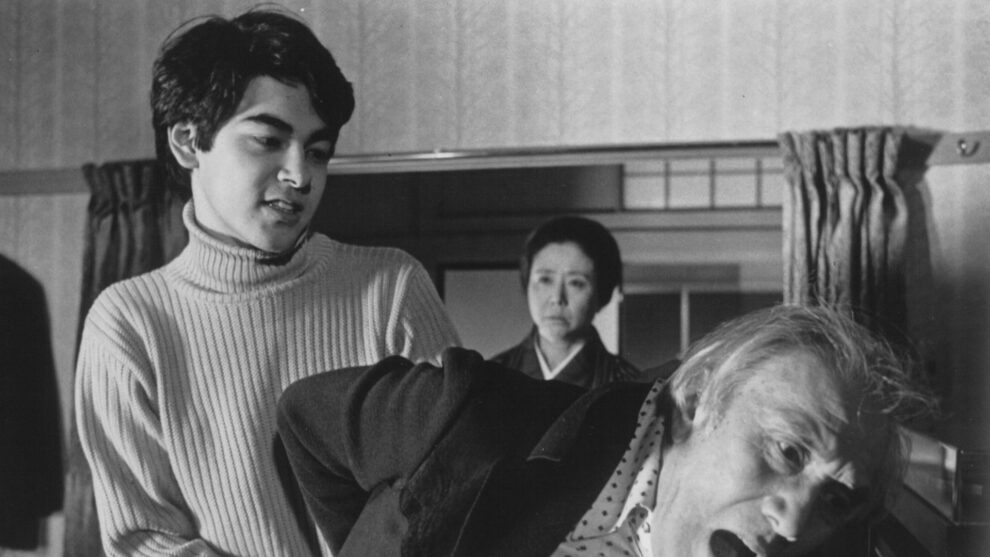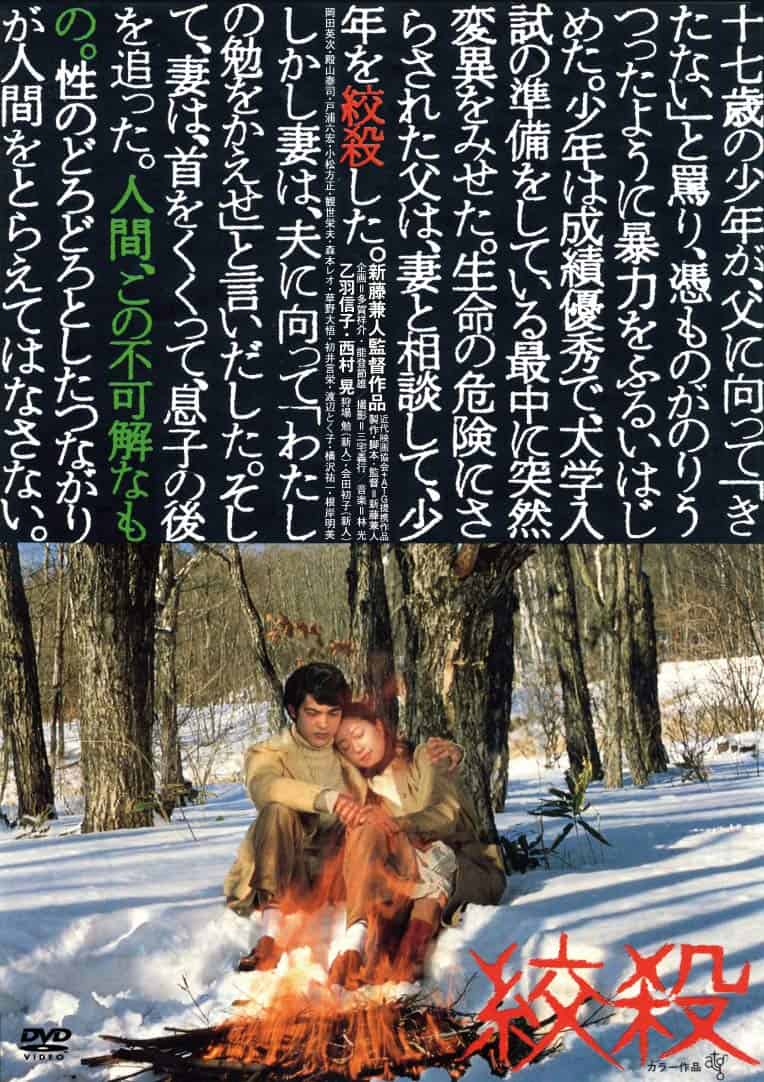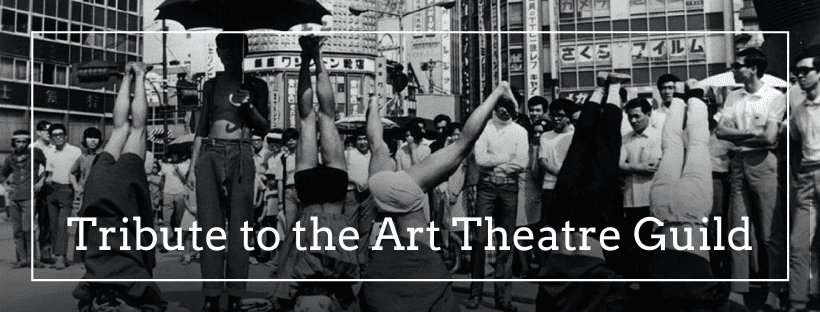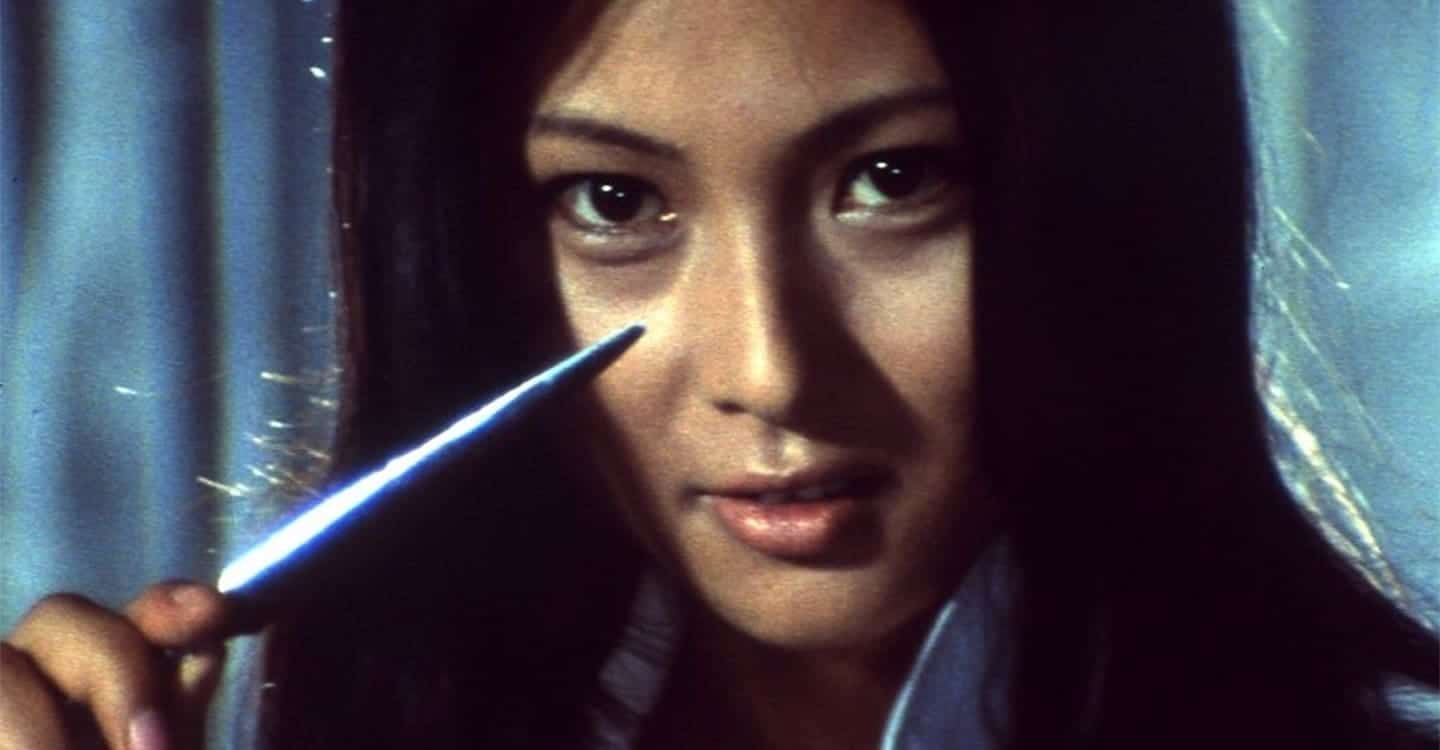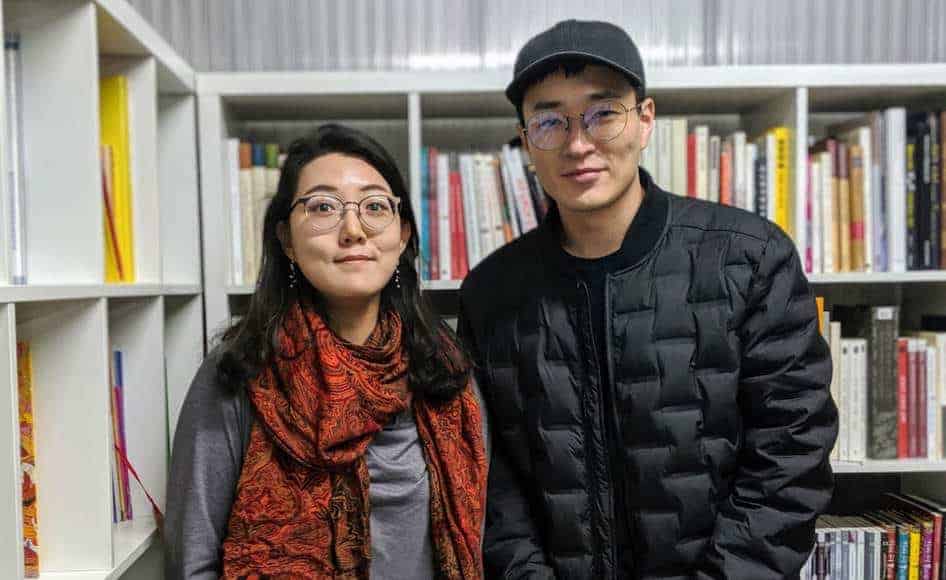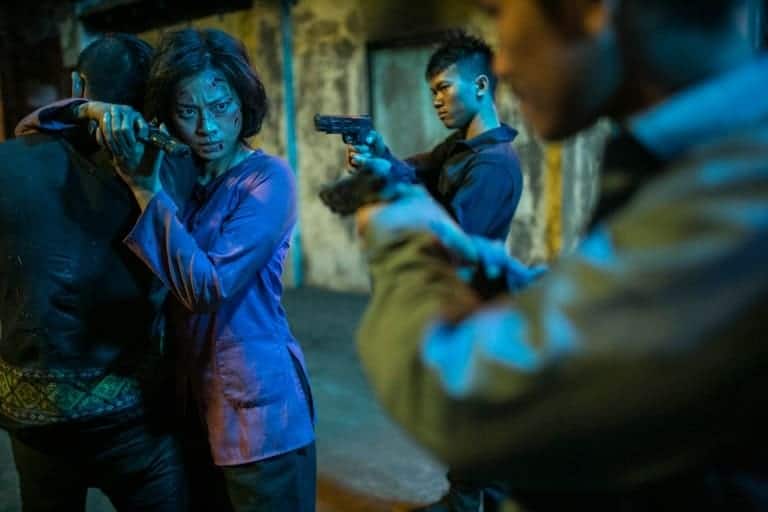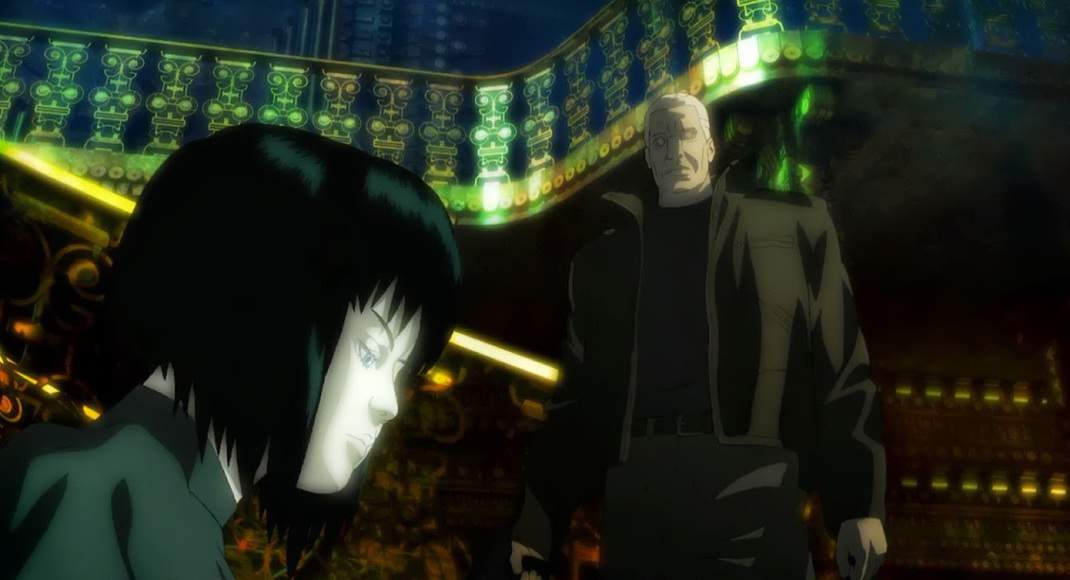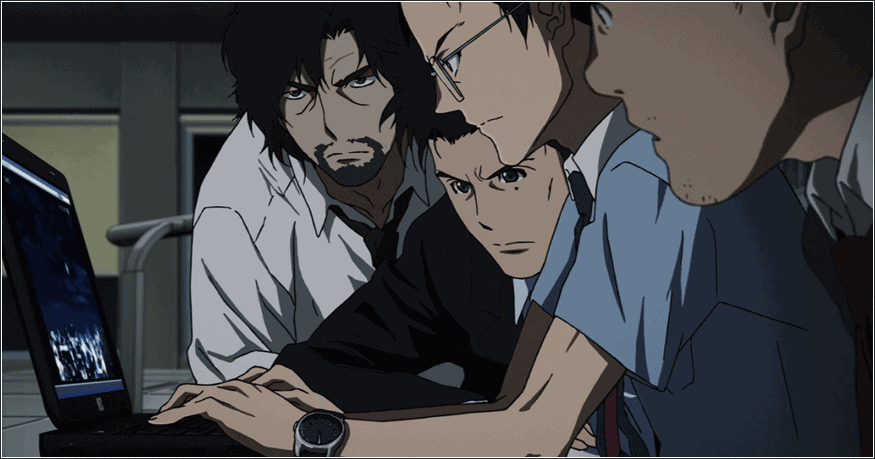Based on a real-life incident of a father who had strangled his violent son, “The Strangling” seems to follow one of the most prevalent themes of Japanese cinema from the 70s and onwards, the accusation towards the previous generation for the blights that torment the current. Kaneto Shindo, however, definitely moves much further, and occasionally even in an opposite direction, in a film that went beyond the borders of Japan, screening in competition at the 36th Venice International Film Festival, where Nobuko Otowa was awarded as Best Actress.
The movie actually begins with the titular deed, showing Yasuzo, after an agreement with his wife, Ryoko, strangles his son, Tsutomu. Although Shindo takes care of showing what happened after the deed, including the support the couple got from their neighbors in all aspects, the main arc of the story deals with how the young man, who initially was a good son from a good family, ended up causing his parents so much torment, that they decided to murder him.
The accusation by Shindo, which forms the main contextual theme of the movie, this time goes both ways. The director highlights the pressure Tsutomu feels from his environment, and particularly his father, who has even moved his business closer to Tokyo in order for his son to follow the ideal (in his mind) path of good grades in school, good college, good job, good family, which was the uttermost paradigm of the era. The way Yasuzo goes about it is not exactly harsh, but he still lets a sense that there is no alternative linger, something that puts intense pressure on his son.
However, in the beginning, Yasuzo does not seem to mind particularly this insistence, essentially being a good son in all aspects. Things, though, change for the much worse when the first notions of sex start getting into his mind. The whole arc with his classmate, which starts with a flirt to an attempted rape, to a night in a hotel in the mountains, to a revelation of actual rape, a murder and a suicide, mess the young man's head in ways he cannot handle. An incident with his father, and the fact that the only parenting him and his mother offer is taking care of his basic needs (food, a place to stay etc) and the push towards the aforementioned path, somewhat puts them in the spotlight, but not to a point that can justify the young man's action moving forward. The disgust for his father eventually seems to derive also from an intense Oedipal complex for his mother, with Tsutomu feeling highly antagonistic towards Yasuzo, not to mention having clear sexual notions for his mother.
A series of violent clashes in the house, with him beating up both of his parents, are what eventually lead them to the deed, with Shindo essentially, maybe not justifying, but definitely giving an excuse to them, since they could easily find themselves sharing the same fate soon. Their failed attempt for a double suicide, the trial, the way the neighbours support them, and Ryoko's own perverted sex dreams on the other hand, somewhat make the whole point become more unclear, as Shindo's main comment could only be perceived as that we live in a world where everyone is perverted, potentially violent and that the institution of family has essentially ended. Although the point is interesting in its pessimism, it becomes evident that he has gone a bit too far in his presentation, somewhat losing his sense of measure in terms of script writing.
On the other hand, the majority of the rest of the movie's aspects are excellent. Shindo's direction is great throughout, particularly in the way he commands his actors, while the violent scenes between the family members are equally realistic, brutal and dramatic, in probably the film's best cinematic aspect. Yoshiyuki Miyake captures both those and the many voyeuristic scenes, mostly featuring Tsutomu, in artful meaningfulness, while presenting the house as a truly suffocating setting for everyone involved. Shizuko Toshima's editing results in a relatively fast pace that suits the somewhat episodic narrative, with the movie unfolding with no particular lagging or unnecessary scenes, for the most part.
In terms of acting, the protagonist trio do a great job. Tsutomu Kariba may be somewhat excessive on occasion, but his transformation to a rebellious, creepy bastard is quite impressive to watch. Ko Nishimura as Yasuzo plays the patriarch on the verge of losing any kind of authority he ever had with gusto, while Nobuko Otowa as Ryoko is outstanding as the mother who is willing to support her son no matter what, until she cannot any more.
Some slightly avant-garde/experimental elements could be missing, as in the case of the neighbors who function as a chorus and scenes like the interviews with the classmates, but as a whole, “The Strangling” emerges as a truly shocking movie, that takes the family drama and turns it every way inside out in the most rewarding fashion.


